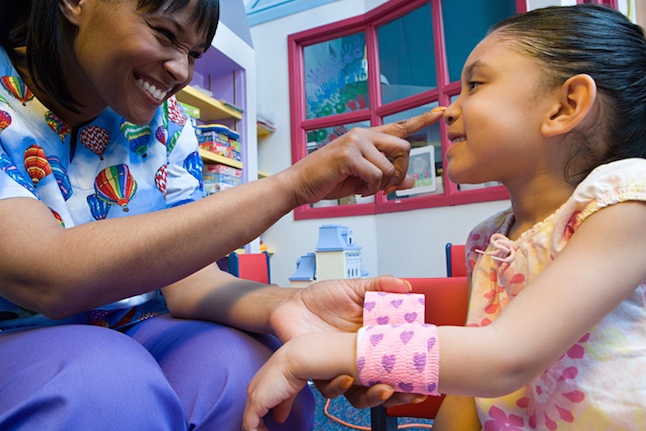
Almost every parent has experienced the “we’re going to the doctor” meltdown at some point. Children often have fears associated with medical situations such as separation from their parent, anticipated pain, or simply fear of the unknown. This creates stress not only for the child, but also for the parent or guardian. Don’t worry, preparing your child beforehand can help make check-ups smoother.
Read through the four simple tips below to create a better experience the next time your child visits their physician’s office.










